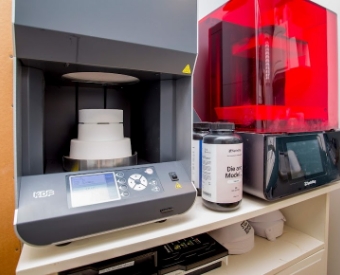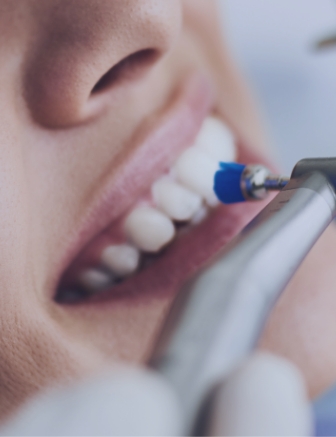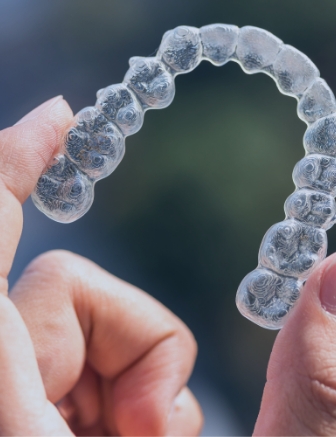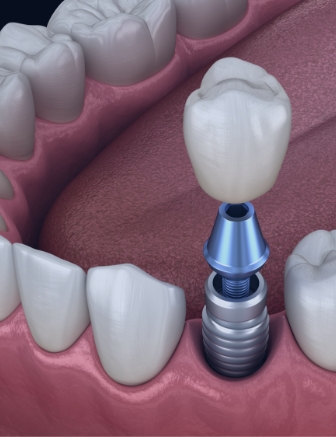Dentist Shelby Township
A Personal Touch
for Every Smile
Since 2015, our phenomenal team and highly skilled dentists in Shelby Township have been delivering state-of-the-art, high-value care to our patients. With advanced training in dental implants and Invisalign, as well as a passion for helping patients maintain good oral health with routine checkups and cleanings, we provide truly comprehensive dentistry.











